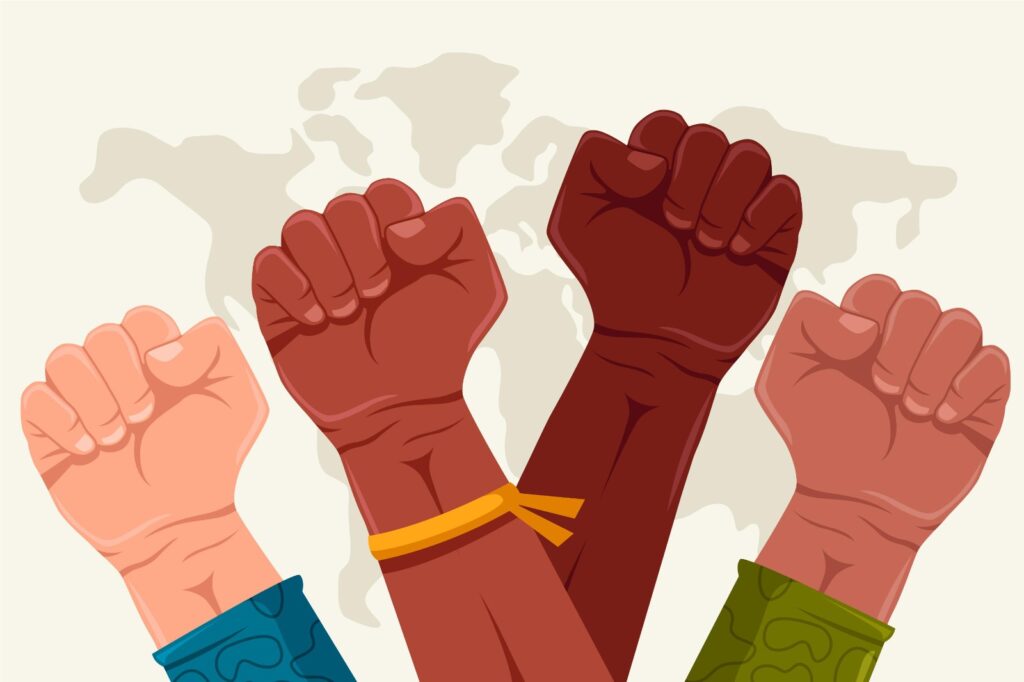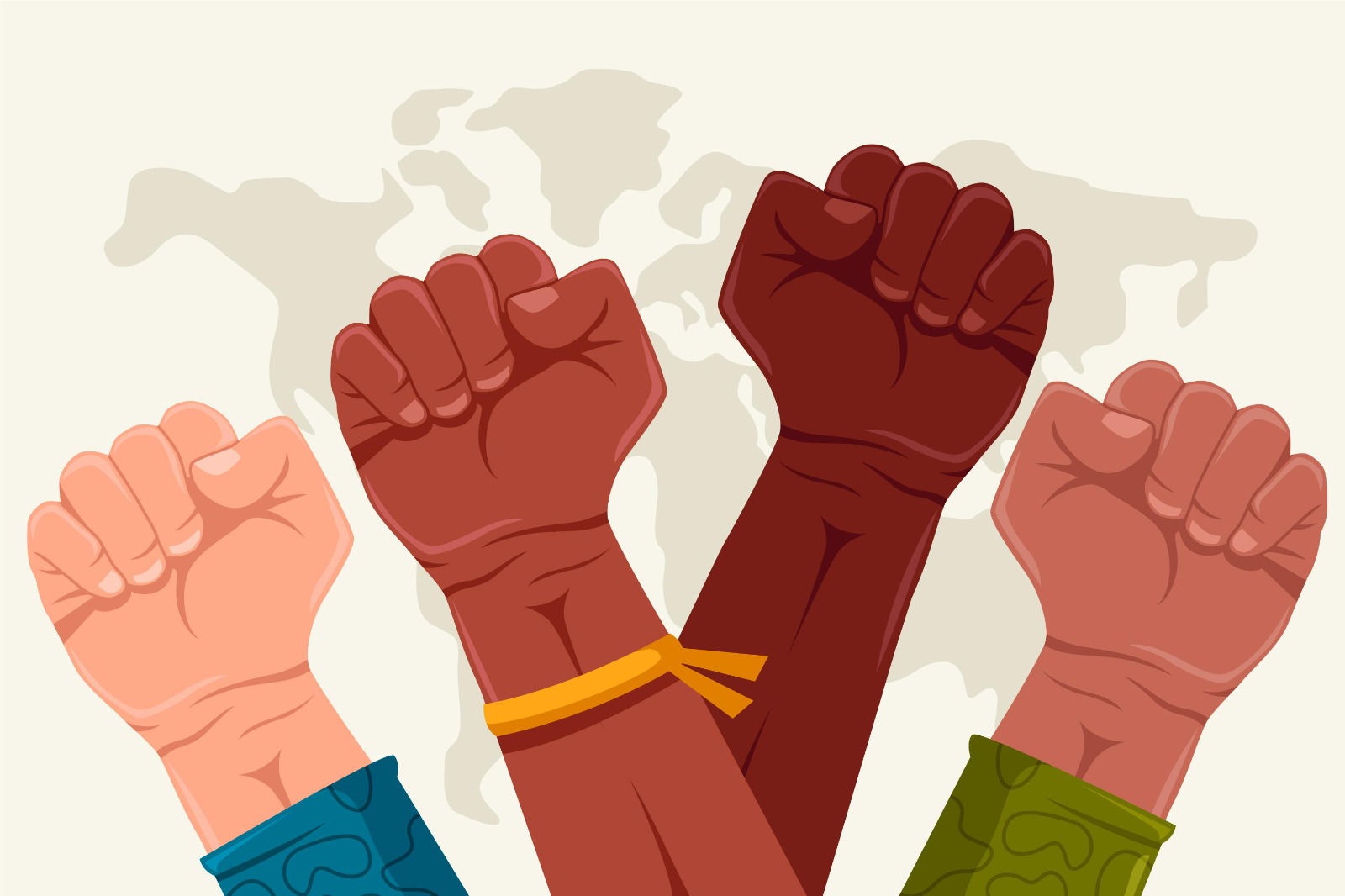I just got another email promising the world and trying to take advantage of me. This is the final straw – I have to write this post now. If the world wasn’t so messed up, with a tiny group of rich people hogging all the wealth, would I even fall for these scam job offers! (This is a pseudo question; the answer is quite clear).
Injustice, in all its forms, has haunted human society for centuries. What began as overt racial oppression has gradually morphed into a dehumanizing form of social inequality. Today, the struggle for justice manifests itself not just in a form of race but class, gender, sexuality, and access to basic human needs. Sadly, it’s only the forms of oppression that evolve. Their impacts stay deeply felt in certain social strata.
Racial injustice has long been a central focus in the fight for equality. In the States, for instance, the legacy of slavery, segregation, and systemic racism continues to shape the lives of people of colour. Despite progress made during the Civil Rights Movement and beyond, racial disparities in income, access to education, healthcare, and the criminal justice system do still run deep. Police brutality, voter suppression, and economic disenfranchisement continue to plague black communities. Clearly, racial injustice is far from being eradicated.
It would be unfair to reduce inequality solely to race. Economic inequality has risen to alarming levels worldwide, especially in the aftermath of the COVID-19 pandemic. The wealth gap between the richest and the poorest continues to expand, with the wealthiest few controlling a disproportionate share of resources, while millions struggle to meet basic needs like housing, food, and healthcare. These disparities are no random. They are embedded in systemic policies (Hail to the French political figure Maximilien Robespierre, who once said “Lawmakers, create just laws! Public officials, enforce them honestly! Let this be your entire policy. In this way, you can set a completely new example for the whole world, an example of a free and virtuous nation”.)
Having said that, in Türkiye, for example, access to quality education, healthcare, and equal opportunities are only in the hands of the wealthiest few. The COVID-19 pandemic laid bare these inequalities -not to mention what could the imminent MPox outbreak could do to us.
In addition to the foregoing, gender and sexual inequality do continue to persist despite the honourable good efforts and strides by feminist and LGBTQ+ movements. Women still face pay gaps, and lack of representation in leadership. LGBTQ+ individuals -as in the case with any other marginalized or disadvantageous communities- face discrimination, both legally, psychologically, and socially.
The root of social injustice lies in the unequal distribution of power. Whether it is racial, economic, or gender-based injustice, all forms of inequality stem from systems that favour certain groups and exclude others. To overcome this, we should not only address the symptoms, but also dismantle any structure that upholds it. Reforming policies on housing, education, healthcare, and criminal justice are essential steps in creating a more equitable society. And this could be an open call to lawmakers and rulers.
Then again, in my humble opinion, true justice requires more than policy changes; it calls for a cultural shift towards recognizing the dignity and worth of all individuals. Am I being naïve? Perhaps… But righting past wrongs will not do it. We have to deconstruct and then reconstruct it, through building a better future where each and every one of us has the opportunity to thrive, to dream and to make dreams come true.
We’re not the same, but still we shine.


